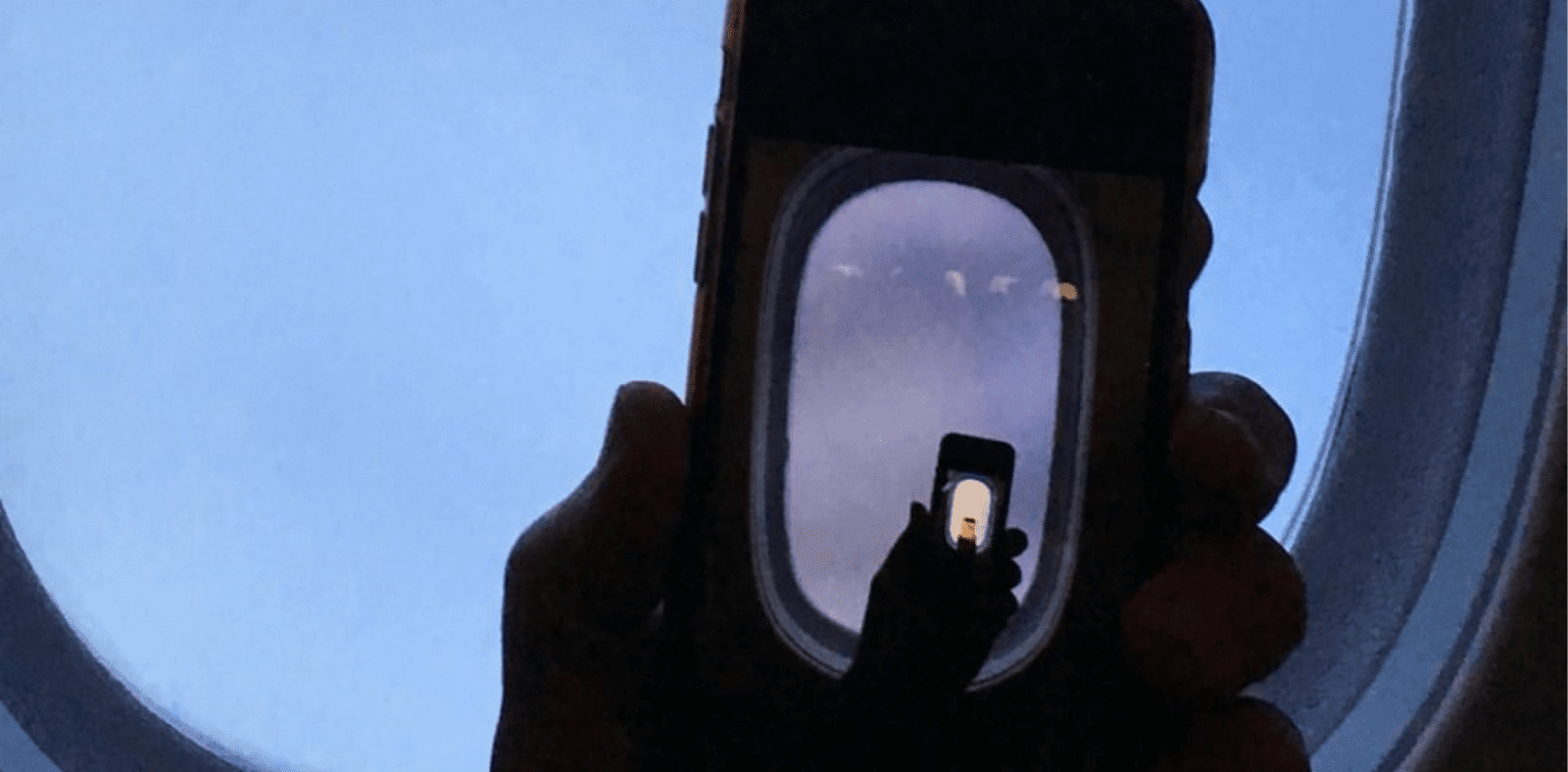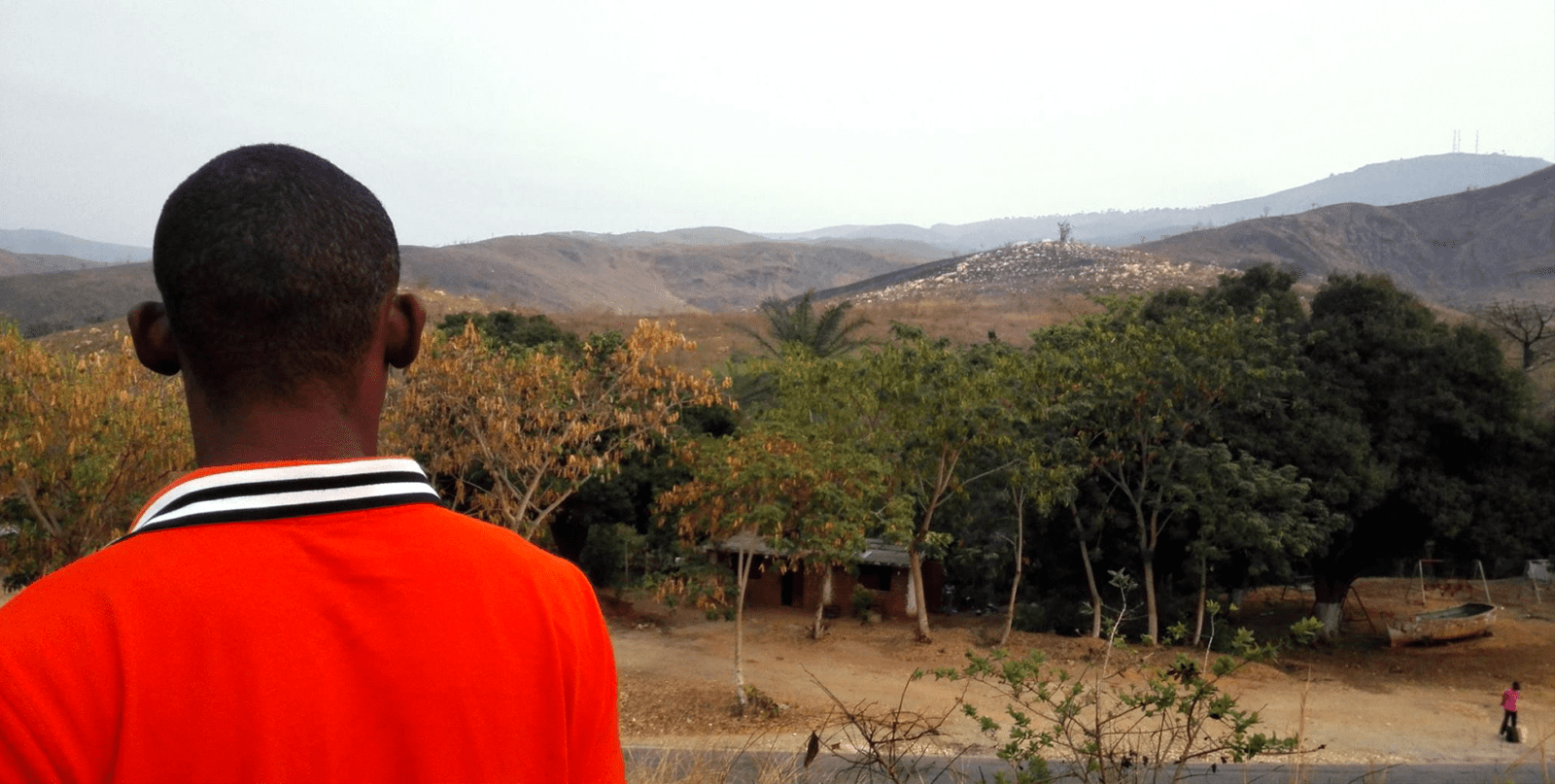
Spam 5
Release: 09.12.2020
Nyabinghi Lab
With “Ils ont partagé le monde, plus rien ne m’étonne” (“They divided the world, nothing surprises me anymore”), Nyabinghi Lab takes up a core thought of SPAM’s concept; to think of the Berlin Conference 1884/1885 as one of the biggest historical and ongoing spams that Africa has received. This podcast explores fragments in the commemoration of the Berlin Conference in the city of Berlin, by following the traces of both state, refugee activist and cultural events that reflected on the ongoing impact of colonial violence and the arbitrary drawing up of borders that largely remain in place today. The podcast invites artists, activists and curators to reflect on their efforts to make visible Germany’s entanglement with this violent history that profoundly impacts our contemporary experiences.
In loving memory of Hyacienth Nguh Tebie’s honourable legacy.
Note: The title of this contribution is a reference to the song of the same name by Tiken Jah Fakoly.
Nyabinghi Lab
Nyabinghi Lab collective (Tmnit Zere, Nathalie Anguezomo Mba Bikoro, Saskia Köbschall), implements collaborative projects at the interface of art, culture, education and activism, focusing on critical, decolonial narratives and sustainable structural change. The curatorial-artistic practice of Nyabinghi Lab centers queer-feminist, BiPOC and migrant positions, stories, strategies of resistance and critical voices and provide legal tools for independent curatorial and artistic practices. Their last project included Radical Mutations: On The Ruins Of Rising Suns at Hebbel Am Ufer co-curated with Wearebornfree Empowerment Radio. Their ongoing projects include “Decolonise The Green; Nature, Nudism and Colonial Continuities” and “Free State of Barackia: 150 Years of Decolonial Urbanism, Solidarity & New Berlin Utopias” in collaboration with Z/KU and HAU Berlin.
Nathalie Anguezomo Mba Bikoro
Nathalie Anguezomo Mba Bikoro is a visual artist merging archeology, sonic radio, writing, textiles, sculpture, live art performances, film and archives for immersive installations. Her work analyses processes of power and science fictions in historical archives critically engaging in migrational struggles and colonial memory focusing on queer indigenous and feminist biopolitics. She is lecturer in Curating Black Visual Cultures & Philosophy at TransArt Institute New York, and Fine Arts practice at the University of Liverpool, artistic supervisor of the Artists in Training Programme at the UdK and is Artistic Director of Lukulule e.V. and a member of Nyabinghi Lab collective. She moderates the annual Berlinale Film Festival & currently has an Artistic Fellowship from the Goethe-Institut In Bahia Salvador and Research Fellowship in the “Somatic Charting” project from the Institute for Endomic Research. Her work was recently featured by Deutsche Welle TV in a series of short films on German Colonialism and Black Resistance, as well as in the Havana Biennale in Cuba (2019).
Saskia Köbschall
Saskia Köbschall is a Berlin-born curator, scholar, and editor with a focus on de-colonial narratives. She completed her graduate studies as a Fulbright scholar at the New School for Social Research anthropology department in NYC, where she also taught at the Parsons School of Design. From 2010 to 2018 she was the manager and a curatorial team member of S A V V Y Contemporary. She is the co-editor of the “intertwining hi/stories of arts education” issue of the e-journal Art Education Research (2019, ZHdK) and a recipient of the Recherchestipendium Bildende Kunst des Berliner Senats 2018. Since 2019 she is a PhD candidate at RTG Minor Cosmopolitanisms, where she researches the colonial-racist origins of nudism/naturism.
Tmnit Zere
Tmnit Zere is a berlin-based political scientist, activist, and a member of the Nyabinghi Lab curatorial collective. She is working at the intersection between political education, activism and culture, centering afro-diasporic and decolonial narratives. She is a board member of the Kaneza Foundation for Dialogue & Empowerment where she is responsible for the work area advocacy and human rights. Since 2016 she works as project manager for the Heinrich Böll Foundation. In addition she is currently completing her master’s degree, studying African Studies at the Humboldt University Berlin, with a focus on history, literature and culture.
Mansour Ciss Kanakassy
Mansour Ciss Kanakassy studied from 1973 to 1977 at the National Institute of Arts in Senegal. In Dakar, he sculpts wood, large sculptures with cubist shapes, some of which were part of President Senghor’s collection. Since 1993 he has lived in Berlin. It is in the German capital that his work takes on a more committed and political turn. It is indeed in this city that the conference of Berlin was held, during which the colonial powers divided Africa among themselves in 1884–1885. In 2000, Mansour Ciss created the Deberlinisation Laboratory with Baruch Gottlieb, then with Christian Hanussek. It is a laboratory of ideas, a kind of artistic platform for rethinking colonial history and the African continent. Concretely, Mansour Ciss Kanakassy chose an original medium to design the Africa of tomorrow: he created a currency — Afro — the single African currency. An imaginary currency, symbol of the unification of African countries. His work has been shown during numerous editions of Biennale Dak’Art in Dakar. In 2015 he was part of the exhibition “Wir sind Alle Berliner 1884–2014: A Commemoration of the Berlin Congo Conference” at S A V V Y Contemporary in Berlin which reflected on the repercussions of this conference on past and current socio-political and economic phenomena in a Europe of flourishing nationalism and racism, as it deals with issues like migration flows or border and identity politics.
Jennifer Kamau
Jennifer Kamau is a co-founder of International Women Space (IWS), an anti-racist feminist group consisting of refugee and migrant women as well as women without this experience. The group was formed during the occupation of Oranienplatz and the Gehart-Hauptmann School in Berlin-Kreuzberg. International Women Space fosters solidarity and cooperation among migrant women, publishes books and organises campaigns, protests and conferences on the topics of seeking asylum and migrant women’s struggles. In 2017, International Women Space organised “Als ich nach Deutschland Kam” (“When I came to Germany“), a two-day conference in Berlin. During the conference, different women shared their experience in six panel discussions: women who came to West Germany as guest-workers; women who came to East Germany as contract workers; women who came as migrants and refugees to reunified Germany as well as women who are affected by racism. International Women Space published the following Books: “In Unseren Eigenen Worten” (2015, Publikation im Selbstverlag [“In our own words”, self-published, 2015]); “Uns Gibt Es, Wir Sind Hier” (2018, Publikation im Selbstverlag [“We Exist, We Are Here“, self-published, 2018]); Als Ich Nach Deutschland Kam (2019, Unrast Verlag [“When I came to Germany“, Unrast Verlag, 2019]).
Prof. Dr. Nsoh Christopher Ndikum
Prof. Dr. Nsoh Christopher Ndikum is a Political Scientist. He is the Head of Department of International Relations and Conflict Resolution in the University of Buea, Cameroon. He now lectures in many universities in Africa and Europe. He is specialized in the field of Peace Studies, Human Rights and International Migration.



